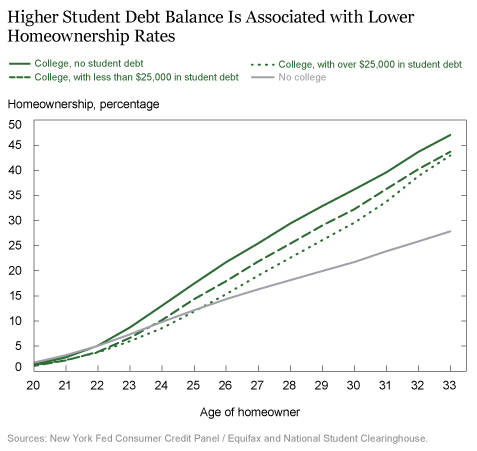May 20, 2013 I published a silly little post on my blog called “The Rules About Hugging at Work”. The post might have taken me twenty minutes to write. It was just an idea I got, like thousands of others, I thought it was funny, so I wrote about it. To date, it’s been read over 1 Million times. Huff Post picked it up, it went viral on LinkedIn (I got over 1300 comments), I’ve been interviewed and called, “The World’s Foremost Expert on Workplace Hugging”.
Twenty minutes of writing, a throwaway idea.
Months later I posted the exact same post on LinkedIn’s publishing platform. This was before everyone could publish (remember that), you had to be invited. I got a call from the LinkedIn chief editor offering me access. I didn’t know if it was really anything so I just threw up old posts I had already written but added a few new pieces.
On the Hugging post, I added at the bottom my next post would be: The 3 Rules About Kissing Your Boss! as a joke. I never wrote it. Until five years later I got a message last week from someone who found the hugging post for the first time asking how they could find the kissing post! I didn’t even know what they were talking about!
So, here’s the kissing post!
It would be easy to dismiss the notion of kissing your boss as something that would never happen. When I say ‘never’ I mean never. I mean honestly do any of us ever feel it would be appropriate to kiss your boss!?
This one is hard for me. I come from a family of huggers and kissers! My father is 73 and he still kisses me on the lips when I greet him or say goodbye. Some folks would find that super weird. Different cultures do different things.
My son was overseas this summer visiting friends in Belgium and it was quite common for new people he met to give him that traditional kiss on the cheek, but he said those same people would not give you a hug or a handshake. This kiss on the cheek greeting is very common in many parts of the world.
In America, you would probably get punched in the face if you tried kissing someone on the cheek you were meeting for the first time! I mean, look, if I don’t know you, I certainly don’t want your germs all over my face! Most Europeans I meet for business purposes in the states who come here often have gotten used to handshakes, rarely do I see one of them do the cheek kiss greeting.
All of this is way different, though, then kissing your boss! Kissing your boss would have to be a special circumstance or special occasion. I’m guessing if you’re kissing your boss one of a few things probably hasn’t happened in that relationship. You’ve probably become very good friends, some once in a lifetime event is happening, or you’ve become romantically involved, in which case, not really your boss any longer!
So, if we can see a time in which you might kiss your boss, the great HR pro in me says we better put some pen to policy and make some rules! Here are my three rules for kissing your boss:
1. No kissing on the lips. Kissing on the lips is slippery slope you can’t put back in the bag! Wants that happens you might as well just get undressed, stuff just got real! We’re going to assume this kiss is not romantic in nature, completely as professional as kissing your boss can be professional!
2. Do not leave moisture on your bosses cheek. Okay, somehow we got down this rabbit hole to a point where I’m kissing my boss on his or her cheek, let’s not make this super awkward by leaving a nice big wet spot on the side of their face. If you’re so excited to be kissing your bosses cheek that you leave it wet, you should be checked into a mental ward.
3. Do not have bad breath. First impressions are critical and even though your boss knows you, your boss doesn’t know the kissing you. Do not go in for that first boss kiss with bad breath! I love Ice Breakers Mints and I have some close by almost always. Why? I can’t stand bad breath. Coffee breath is the worst and I know a lot of you are major coffee drinkers! Guess what? Diet Mt Dew breath smells like a flower garden! Think about that next time go for a fill up at the coffee station at work!
See? That’s how you do it. That’s how the World’s Foremost Expert in Workplace Hugging becomes the World’s Foremost Expert on Boss Kissing. You can’t be a one-trick pony in this world folks, we all need to keep striving on reinventing ourselves. Watch out fall conference circuit! If you see Sackett coming I might have just raised the game!
So, hit me in the comments. What are your rules for kissing your boss!?

